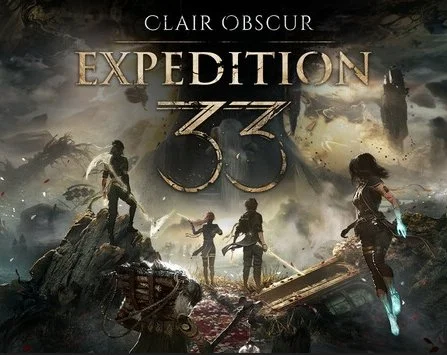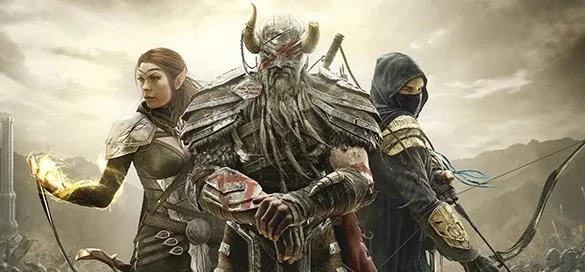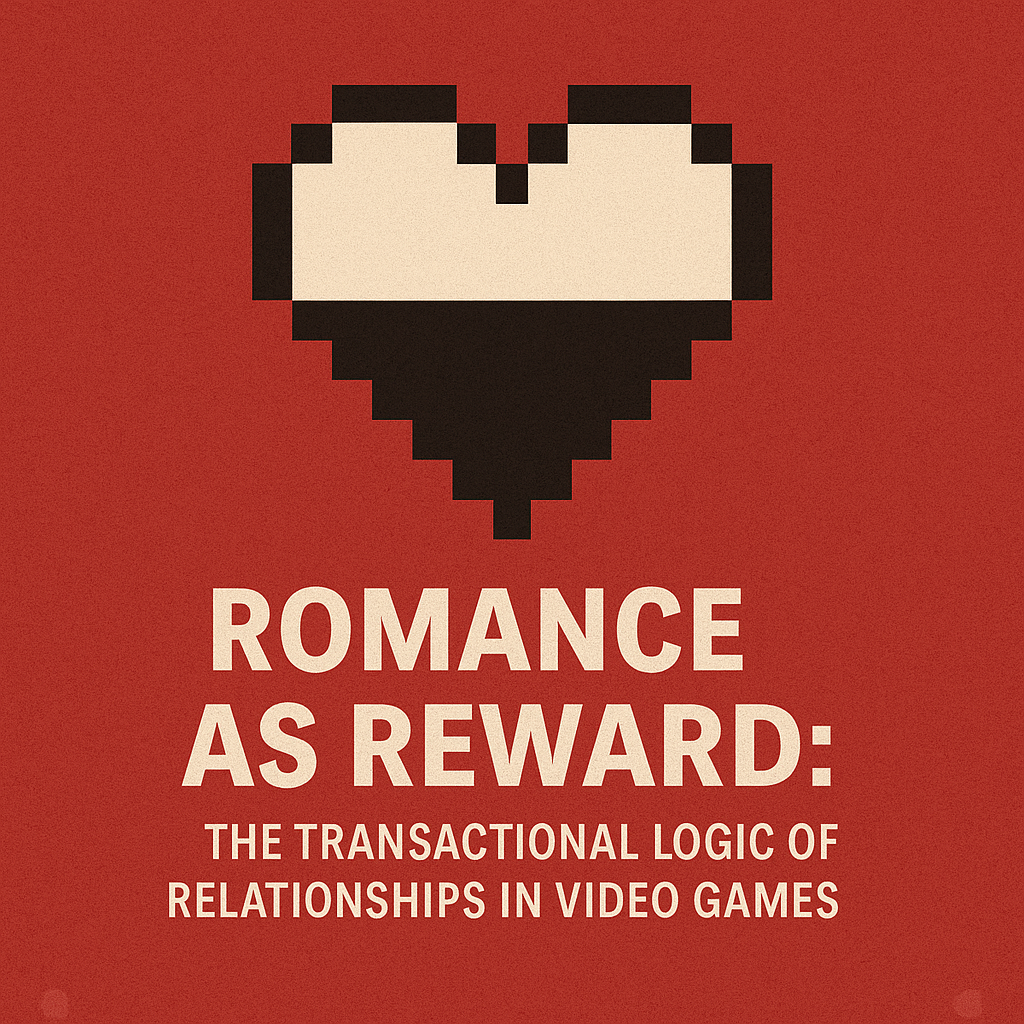Are We Shaping Future Societies Through Virtual Economies?
Video games have evolved significantly since the days of simple, single-player adventures. Today, many games incorporate rich, complex economies that mirror real-world economic principles. These virtual economies, particularly in games with player-driven markets like EVE Online and World of Warcraft, have become complex social and economic systems. Players buy, sell, trade, and even speculate on in-game assets, mirroring behaviors seen in real-world markets. As these economies grow in complexity and importance, questions arise about the long-term psychological and societal implications. Are these virtual economies shaping how players understand and engage with real-world economic principles? Could the ethical and financial behaviors cultivated in-game spill over into the broader societal context? This article explores these questions by examining the psychological effects, economic parallels, ethical challenges, and potential societal shifts resulting from player-driven economies.
The Psychology of Economic Behavior in Virtual Worlds
Virtual economies are uniquely suited to act as experimental laboratories for economic psychology. Economists and psychologists alike have found that online games can shed light on how individuals make decisions in economic settings, especially under conditions of scarcity, competition, and cooperation. In virtual spaces, players frequently engage in activities such as resource gathering, crafting, and trading—behaviors that closely mirror real-world economic activities.
Loss Aversion and Risk-Taking:
One of the most well-documented principles in economic psychology is loss aversion—the idea that people fear losses more than they appreciate equivalent gains. Elite: Dangerous, with its open-world, PvP (player-versus-player) mechanics, highlights this principle acutely. When a player’s spaceship is destroyed, it can represent hours of lost gameplay and in-game currency, creating a tangible feeling of loss. This loss sensitivity encourages players to approach in-game risks more cautiously, mirroring real-world financial behavior.
Delayed Gratification and Value Perception:
Many player-driven economies encourage long-term planning and resource management. Games like Animal Crossing or Stardew Valley reward players for investing time and resources into long-term projects, simulating the psychological concept of delayed gratification. Players learn that by foregoing immediate rewards, they can achieve more significant outcomes in the future, a principle that has real-world implications for financial literacy and planning.
Market Manipulation and Strategy:
In some games, players can alter markets to their advantage, buying up rare resources to create scarcity and drive up prices, similar to real-world monopolistic strategies. These activities give players firsthand experience in understanding market dynamics, supply and demand, and even unethical practices like price gouging. Engaging with these economic principles in a consequence-free environment allows players to experiment with riskier strategies than they might in real life.
Real vs. Virtual Currencies: Blurring Economic Boundaries
As virtual economies have grown, the distinction between real and in-game currency has blurred. Many games allow players to buy in-game assets with real money, creating hybrid economies that integrate virtual and real currencies.
The Rise of Microtransactions and In-Game Currencies:
The prevalence of in-game purchases and microtransactions has transformed games from closed, self-contained experiences into economically integrated ecosystems. Players in games like Fortnite and League of Legends spend real money to buy in-game currency, which can then be used to acquire virtual goods like skins, outfits, or character upgrades. The phenomenon of "pay-to-win" mechanics, where players can purchase items or advantages that provide a competitive edge, further complicates the boundaries between virtual and real-world spending.
The Phenomenon of Gold Farming and Real-World Impacts:
“Gold farming” has emerged as a popular practice in many MMORPGs (Massively Multiplayer Online Role-Playing Games), where players accumulate in-game currency and sell it to other players for real money. In some cases, players—particularly in countries with lower incomes—engage in gold farming as a full-time job. This practice has created a global economy that straddles the virtual and real world, challenging traditional notions of labor and value. It also raises ethical questions, as companies often ban gold farming, yet it remains a viable economic activity for many people.
NFTs and Blockchain in Gaming:
Recently, blockchain technology and NFTs (non-fungible tokens) have introduced new dimensions to virtual economies. Blockchain-based games allow players to “own” their in-game assets and transfer them outside the game world. For example, Axie Infinity allows players to earn cryptocurrency by playing, effectively turning the game into a form of employment for some players. This integration of real-world economics into gaming may redefine not only how players perceive value but also the traditional boundaries between play and work.
Ethical Challenges in Virtual Economies
As virtual economies grow more sophisticated, ethical dilemmas emerge around issues like fairness, exploitation, and even gambling.
Pay-to-Win and Inequality:
One ethical concern is the prevalence of pay-to-win mechanics, which allow players to buy competitive advantages. This structure can create a two-tier system where wealthier players outperform those who may not have the same financial means, challenging the idea of a level playing field. It also introduces real-world socioeconomic disparities into virtual spaces, which may reinforce unhealthy attitudes toward wealth and fairness.
Gambling and Addiction:
Loot boxes, or randomized rewards that players can purchase for real money, are a controversial aspect of modern virtual economies. Studies have shown that loot boxes can create addictive patterns of behavior, similar to gambling. Games like FIFA Ultimate Team encourage players to spend money on these randomized items, which has led to regulatory scrutiny in several countries. The experience of spending real money on digital items with uncertain outcomes may skew young players' understanding of money, risk, and reward, potentially normalizing gambling behaviors.
Exploitation in Gold Farming and Digital Labor:
Virtual economies also raise ethical issues regarding labor practices. Many players in developing countries participate in “gold farming” as a means of income, sometimes under exploitative conditions. While these players are technically earning money, the conditions and pay can mirror the exploitative practices seen in other sectors of low-wage digital labor. The global nature of virtual economies complicates the enforcement of labour standards, raising questions about what constitutes fair work in a digital environment.
Societal Implications and Future Norms
The interplay between real and virtual economies has the potential to shape societal norms, especially as younger generations spend more time in these digital environments. The habits, values, and ethical considerations cultivated in these virtual worlds could influence real-world behaviors and expectations.
Economic Literacy and Financial Skills:
Engaging with virtual economies can enhance players’ financial literacy. By managing in-game budgets, saving for big purchases, and navigating market fluctuations, players gain valuable experience that could translate to the real world. Games with realistic economic systems, like EVE Online, are even used as teaching tools in some educational settings. These experiences can foster skills like budgeting, saving, and strategic investing, which could improve financial literacy among players.
Shifts in Perception of Ownership and Value:
Blockchain-based gaming and NFTs have introduced a new paradigm of digital ownership that could shape societal understandings of value and property. As virtual assets gain real-world value, players may start viewing digital goods as investments or assets. This shift challenges traditional definitions of ownership and could reshape societal norms around property, leading to greater acceptance of digital assets as legitimate forms of wealth.
The Evolution of Virtual Labor and the Gig Economy:
The rise of play-to-earn models, where players can earn real money through gameplay, could signal a shift in the concept of work itself. Games like Axie Infinity have the potential to turn playing into a form of employment, blurring the lines between leisure and labour. As digital labour becomes more mainstream, societies may need to rethink labour regulations, especially as the gig economy increasingly incorporates digital and virtual tasks. Additionally, this shift could inspire the development of a “virtual workforce,” where skills cultivated in virtual worlds become valued assets in the real-world job market.
Ethical Norms and Behavioral Spillover:
Behavioral norms cultivated in virtual economies can influence real-world ethics. For instance, players who engage in market manipulation or exploit loopholes in games may carry similar attitudes into real-life financial systems, potentially fostering a more risk-tolerant, competitive mindset. Similarly, exposure to gambling-like mechanics could increase players' susceptibility to real-world gambling behaviors. As virtual economies become more integrated into players' lives, they may need guidance on ethical conduct, both within and beyond these digital spaces.
Simply Put
The rise of complex virtual economies is transforming how players interact with games and, potentially, how they perceive and interact with the real world. As these virtual systems increasingly mirror real-world economic structures, players are gaining experiences that shape their understanding of money, trade, and even ethical behavior. The effects are complex: on one hand, virtual economies may improve financial literacy and foster valuable economic skills. On the other, they raise ethical concerns around gambling, digital labor, and inequality.
As virtual economies continue to develop, societies will need to confront these challenges. Educators, policymakers, and game developers all have roles to play in guiding how virtual economic principles and practices are taught, regulated, and experienced. Virtual worlds hold great promise as testing grounds for economic theory and financial behavior, but they also carry risks that may impact future societal norms. In the years to come, the boundaries between real and virtual economies may continue to blur, fundamentally altering how we view value, labor, and ethics in the digital age.






















Discover how video game economies like EVE Online mirror real-world finance, influencing players' views on money, trade, and ethics. Learn about the psychological and societal effects of virtual economies, from financial literacy to ethical challenges and future societal norms.